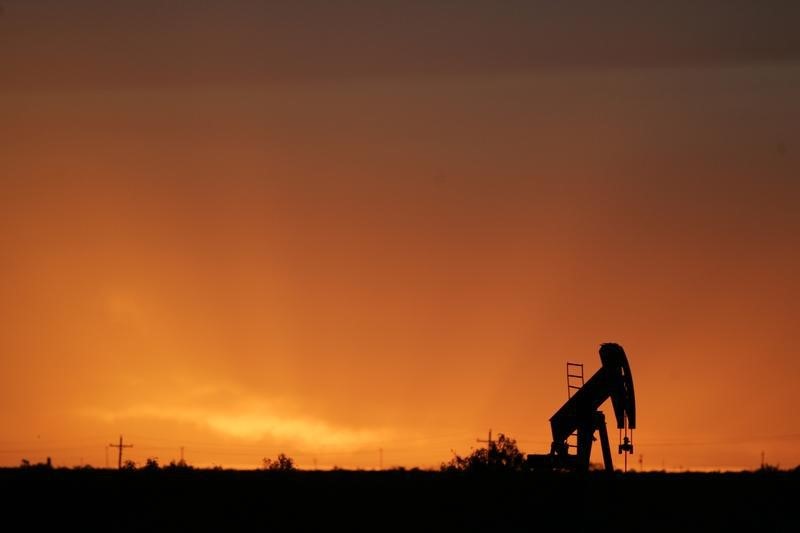By Ariba Shahid and Asif Shahzad
KARACHI, Pakistan (Reuters) – Pakistan has passed a special order to allow barter trade with Afghanistan, Iran and Russia for certain goods, including petroleum and , the Ministry of Commerce said on Friday.
Left with barely enough foreign exchange reserves to cover one month’s imports, Pakistan’s government is desperately trying to manage a balance of payments crisis and bring inflation under control after it hit a record of nearly 38% last month.
The government order, called the Business-to-business (B2B) Barter Trade Mechanism 2023 and dated June 1, lists goods that can be bartered. State and privately owned entities would need approval to participate in the trade mechanism.
Sajid Amin, deputy director of the Sustainable Development Policy Institute, said Pakistan could gain particularly from oil and energy imports from Russia and Iran without adding to dollar demand. He added that the barter opportunity is important considering the dollar shortages the countries face.
“While it may not solve currency smuggling, particularly at the Afghanistan border, it can discourage smuggling of goods from Iran, such as diesel, and Afghanistan which is hurting the economy,” Amin added.
After Pakistan’s first purchase of discounted Russian oil in April, petroleum minister Musadik Malik told Reuters that Pakistan would only be buying crude, not refined products, under the deal.
There was no confirmation about how payment would be made but Malik said purchases could rise to 100,000 barrels per day (bpd) if the first transaction went smoothly.
Last year, Pakistan imported 154,000 bpd of , little changed from 2021, data from analytics firm Kpler showed.
In May, the Pakistan Petroleum Dealers Association complained that up to 35% of the diesel sold in Pakistan had been smuggled from Iran.
Pakistan’s government has also ordered a clampdown on smuggling of flour, wheat, sugar and fertilizer to Afghanistan.
Read the full article here
